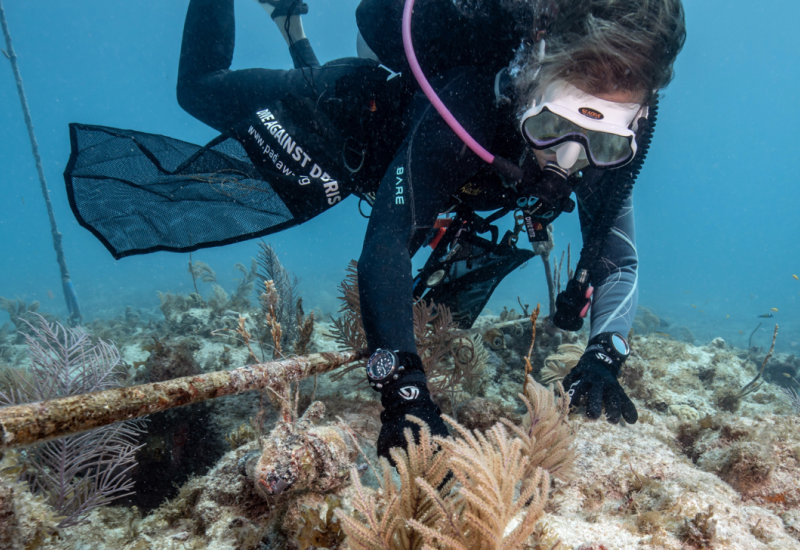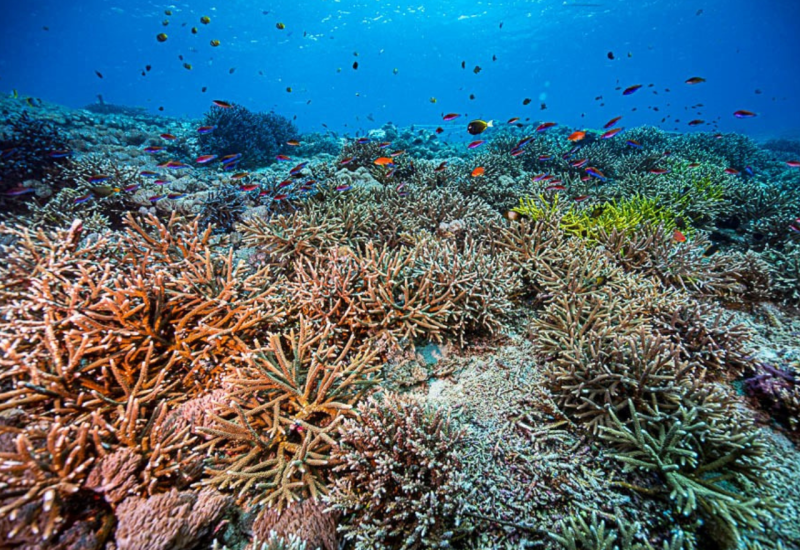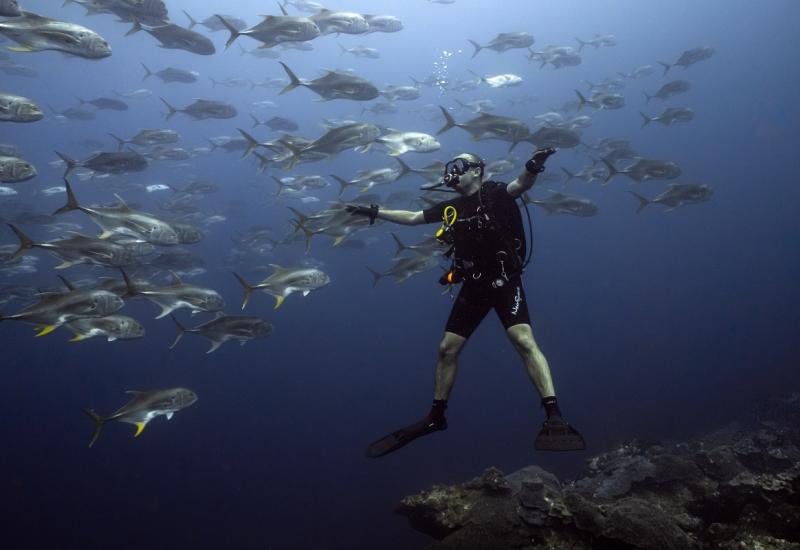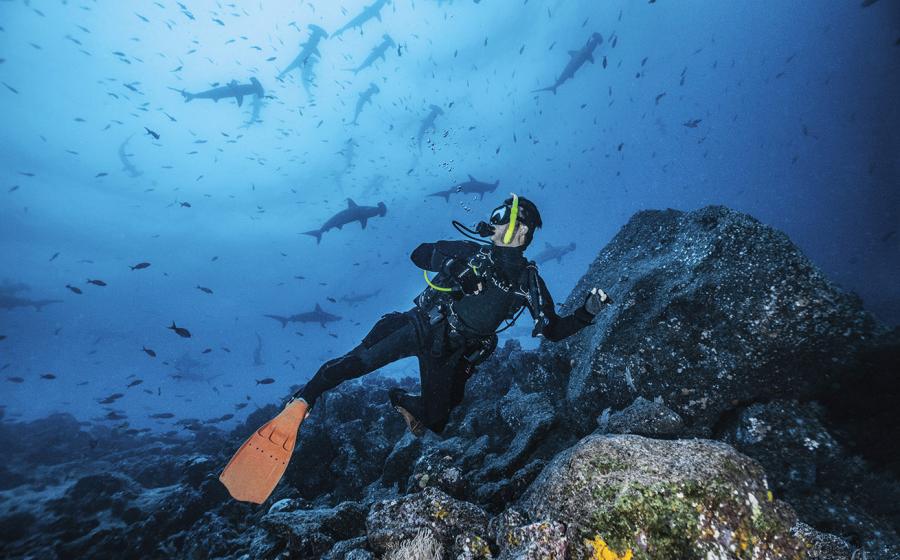Why Did Frozen Thresher Sharks Wash Up on Cape Cod Beaches?
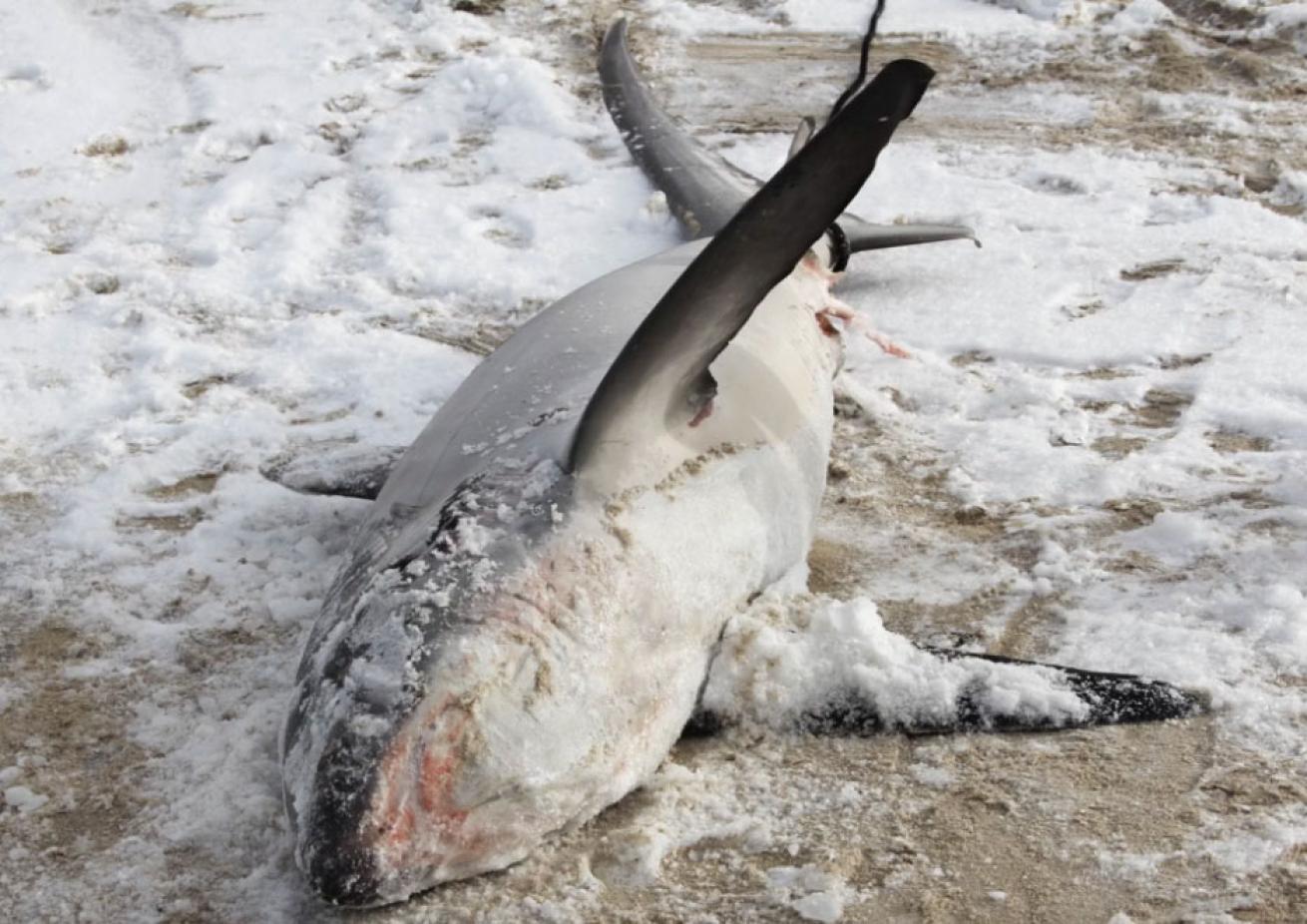
Courtesy Atlantic White Shark ConservancyOne scientist thinks the thresher sharks on Cape Cod died before they froze.
The headlines during the days that much of the U.S. East Coast was gripped by frigid temperatures were sensational — bomb cyclone cold blast causes more than two dozen deaths … icy roads cause chain-reaction highway accidents … Niagara Falls and the ocean freeze during record-setting low temps … thresher sharks freeze to death off Cape Cod.
The last headline has caused scuba divers to scratch their heads. Frozen sharks? Why didn't they migrate, out of harm's way?
As the Arctic blast of cold weather gripped the Eastern Seaboard with hurricane-like winds, at least four thresher sharks were found frozen solid off the coast of Cape Cod.
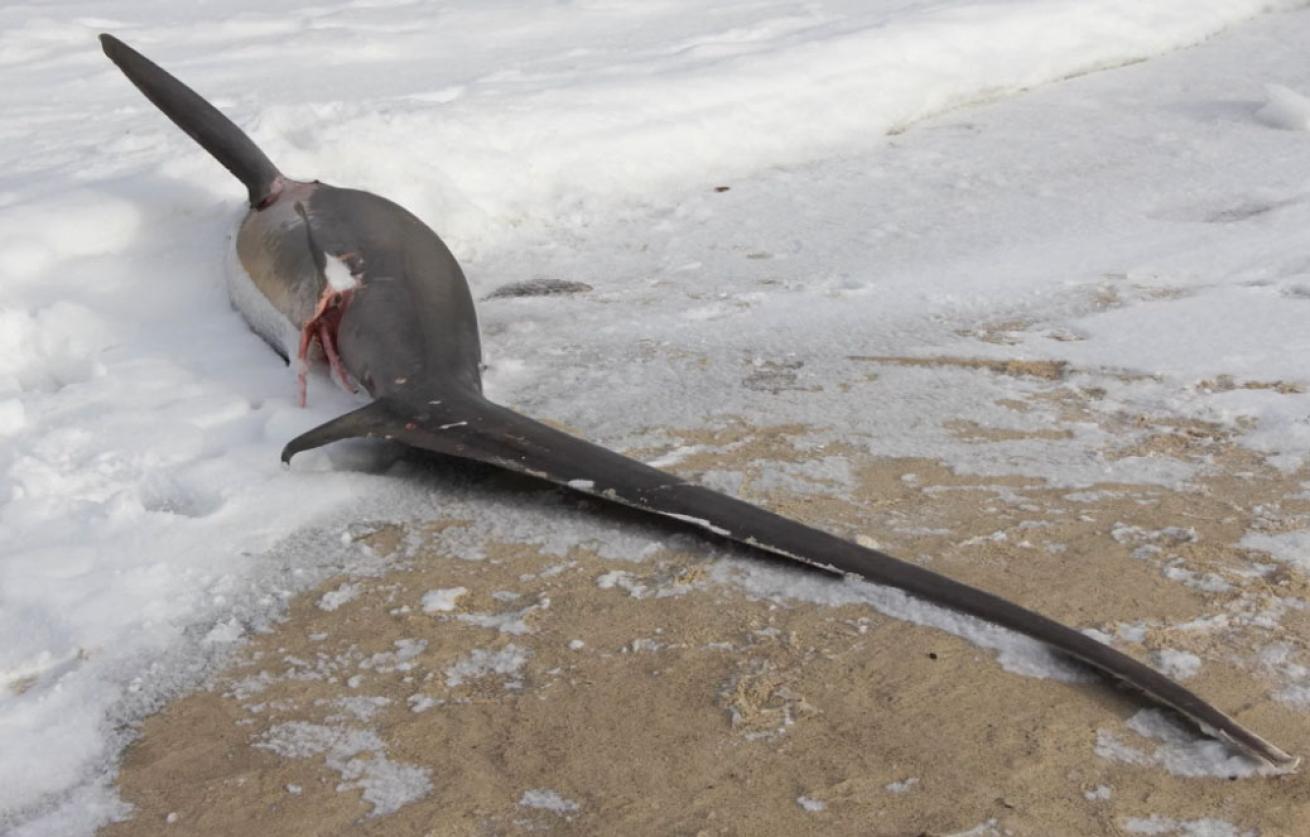
Courtesy Atlantic White Shark ConservancyThresher sharks are easily identified by their extremely long tail, which can be as long as the rest of their body.
But scientists say the sharks likely died not from hypothermia but from stranding themselves in shallow waters as they attempted to migrate south, according to Greg Skomal, the senior fisheries scientist who leads the shark research program for the Massachusetts Department of Fish and Game.
Thresher sharks are often found in the Gulf of Maine until late December, Skomal said. These sharks are able to retain their metabolic heat — at least for a little while.
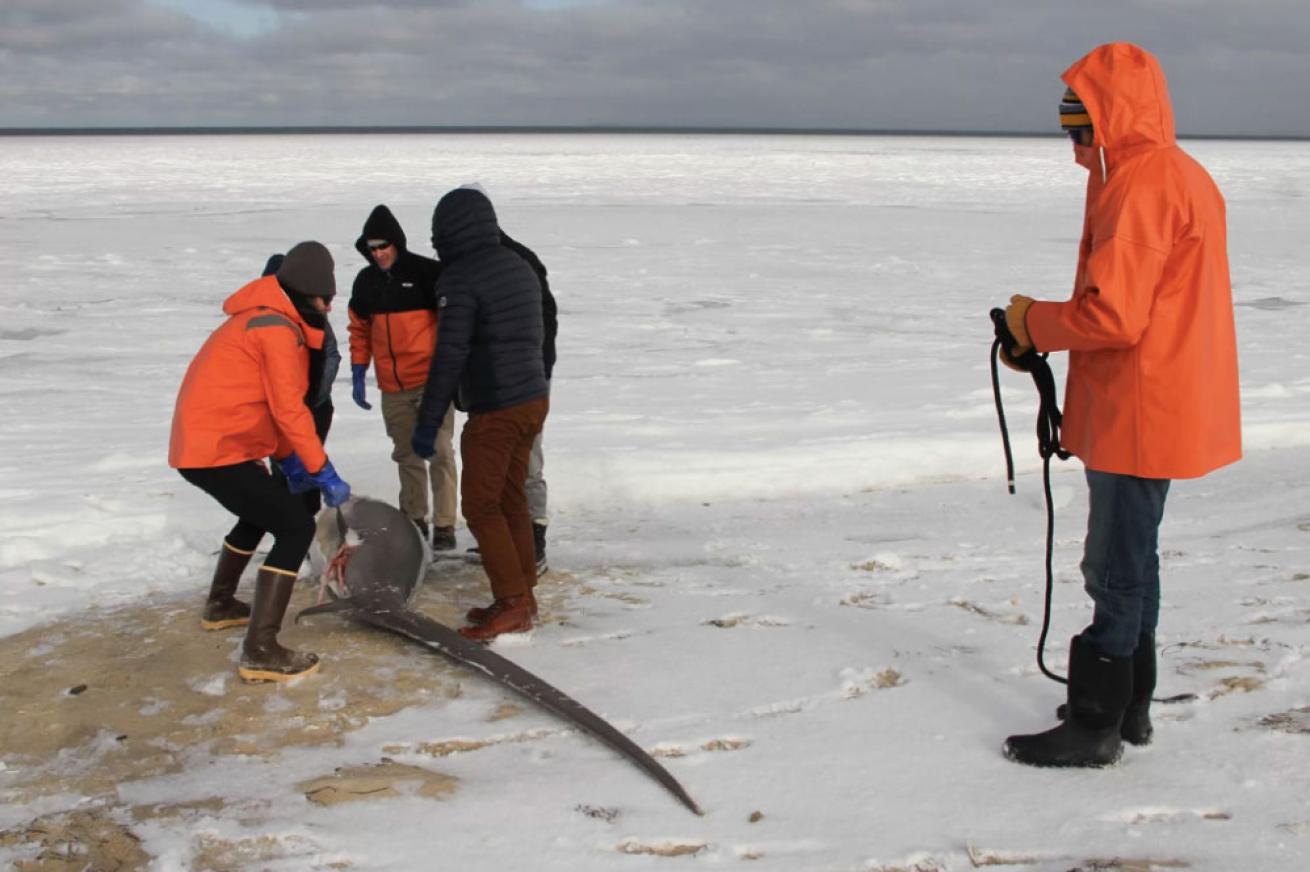
Courtesy Atlantic White Shark ConservancyResearchers hope to gain understanding of what killed the thresher sharks, but even a necropsy may not give a definitive answer.
But a number of conditions may have spelled their doom — frigid temps that caused rapid cooling in the ocean, catching the sharks off-guard. The sharks probably tried to migrate south to warmer waters, but the shape of Cape Cod with its land projections, along with its nearshore shallow sandbars and mudflats and extreme tidal fluctuations, may have led to the animals getting trapped and stranded, according to Skomal.
"If you look at the shape of Cape Cod as a landmass, it really is kind of a natural trap," Skomal said. "Some of the sharks likely got around Cape Cod and moved to the east of Cape Cod, while others made the mistake of traveling closer to shore and got caught inside Cape Cod Bay, becoming entrapped in the landmass."
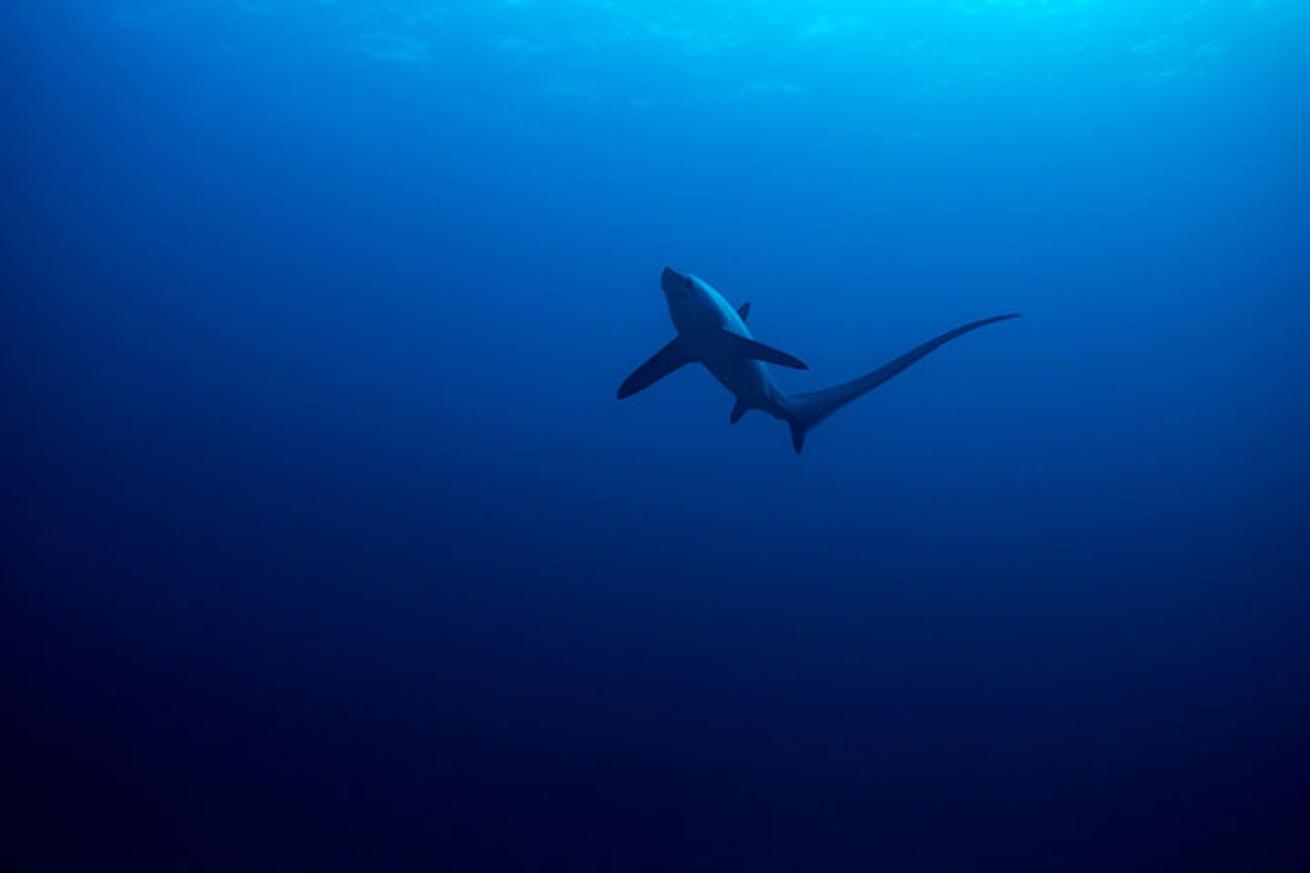
iStockThere are two other species of thresher shark, the bigeye thresher (Alopias superciliosus) and the pelagic thresher (Alopias pelagicus). The IUCN Red List considers all Vulnerable to Extinction.
ABOUT ATLANTIC WHITE SHARK CONSERVANCY The Atlantic White Shark Conservancy supports scientific research, improves public safety, and educates the community, to inspire conservation of Atlantic white sharks.


